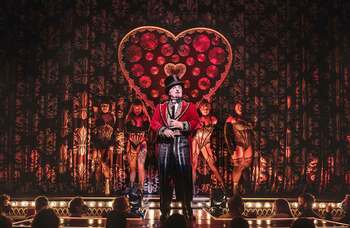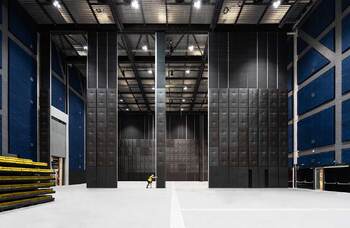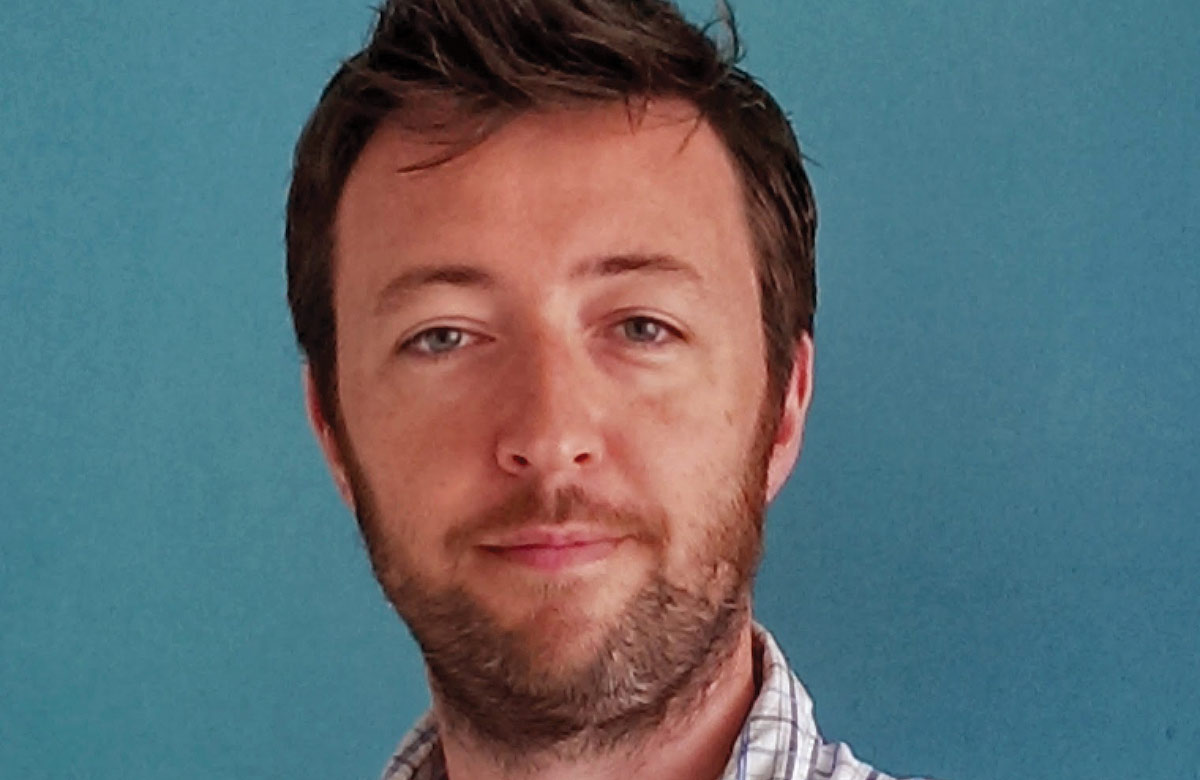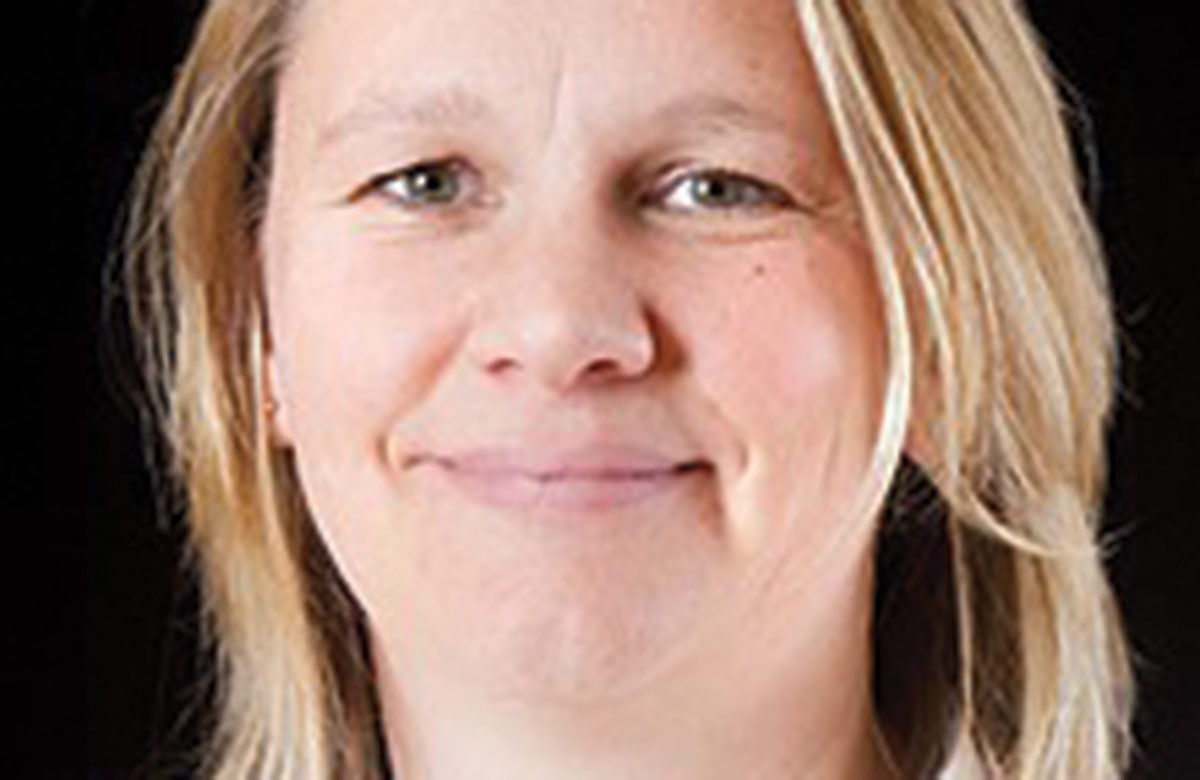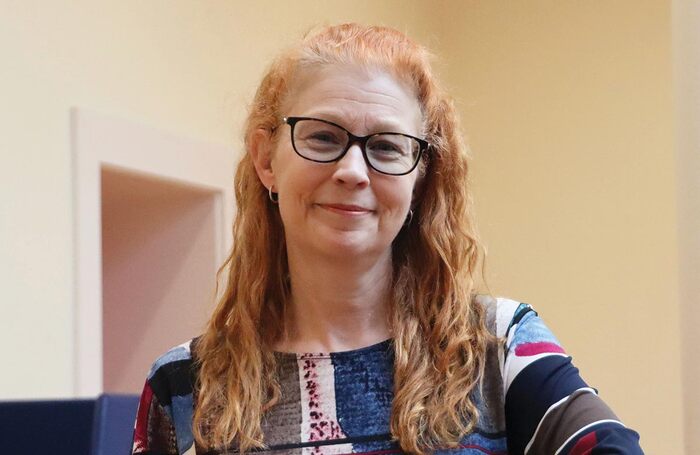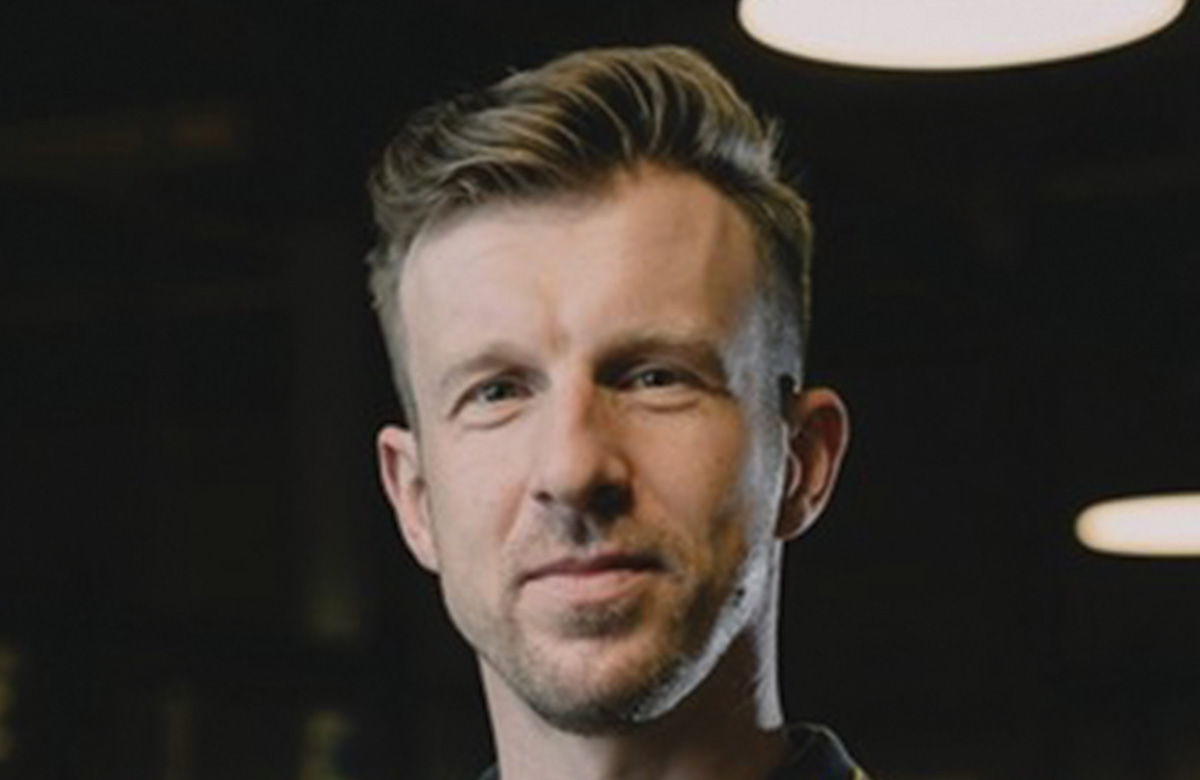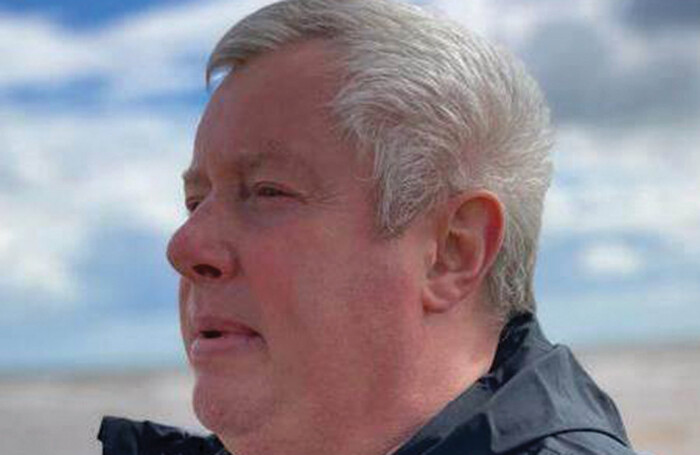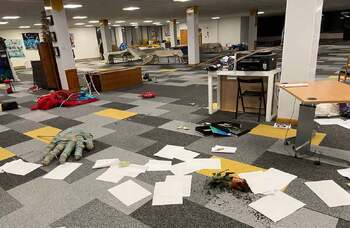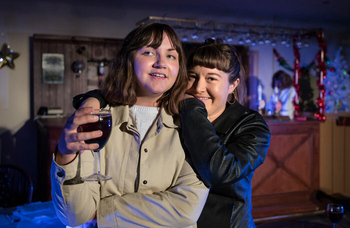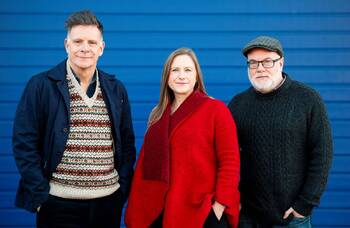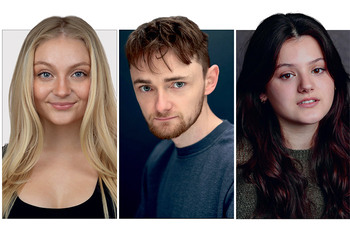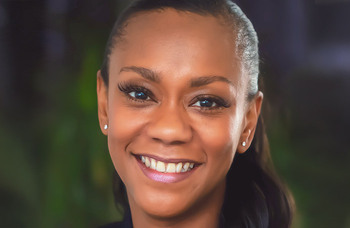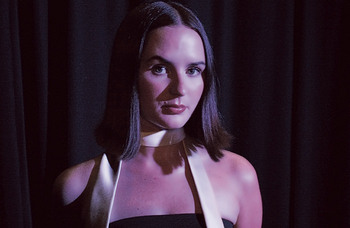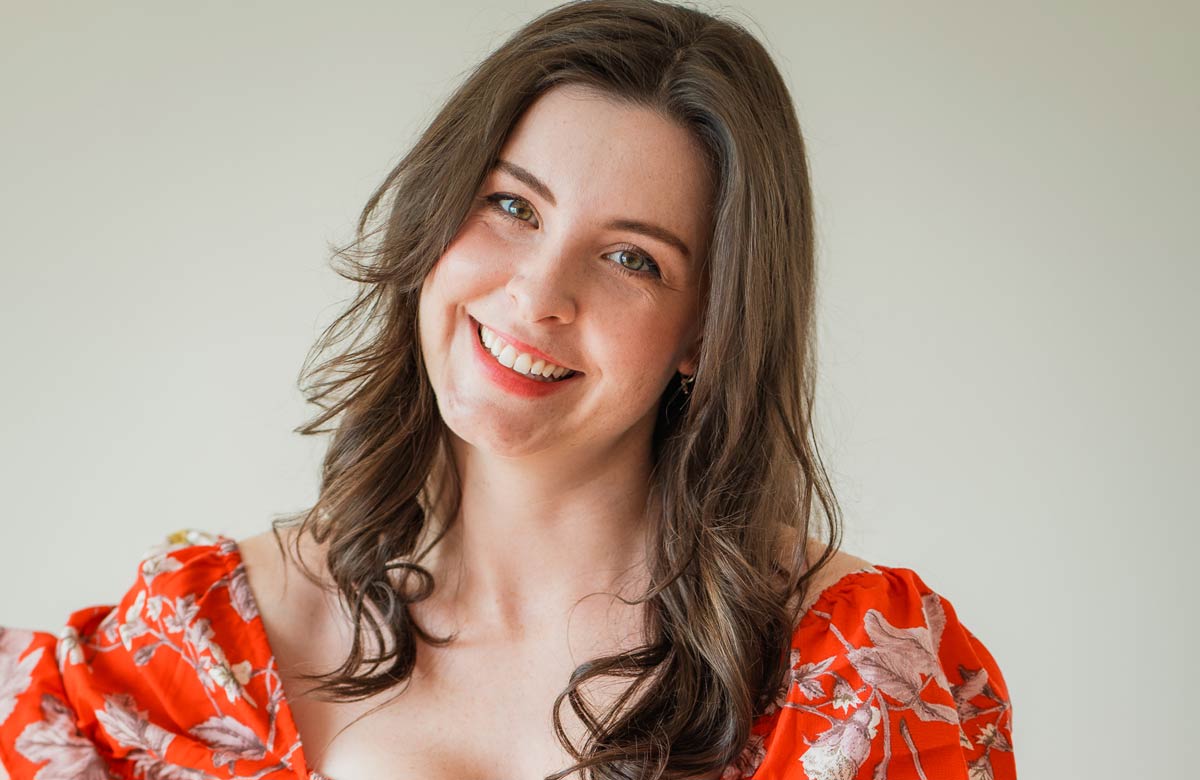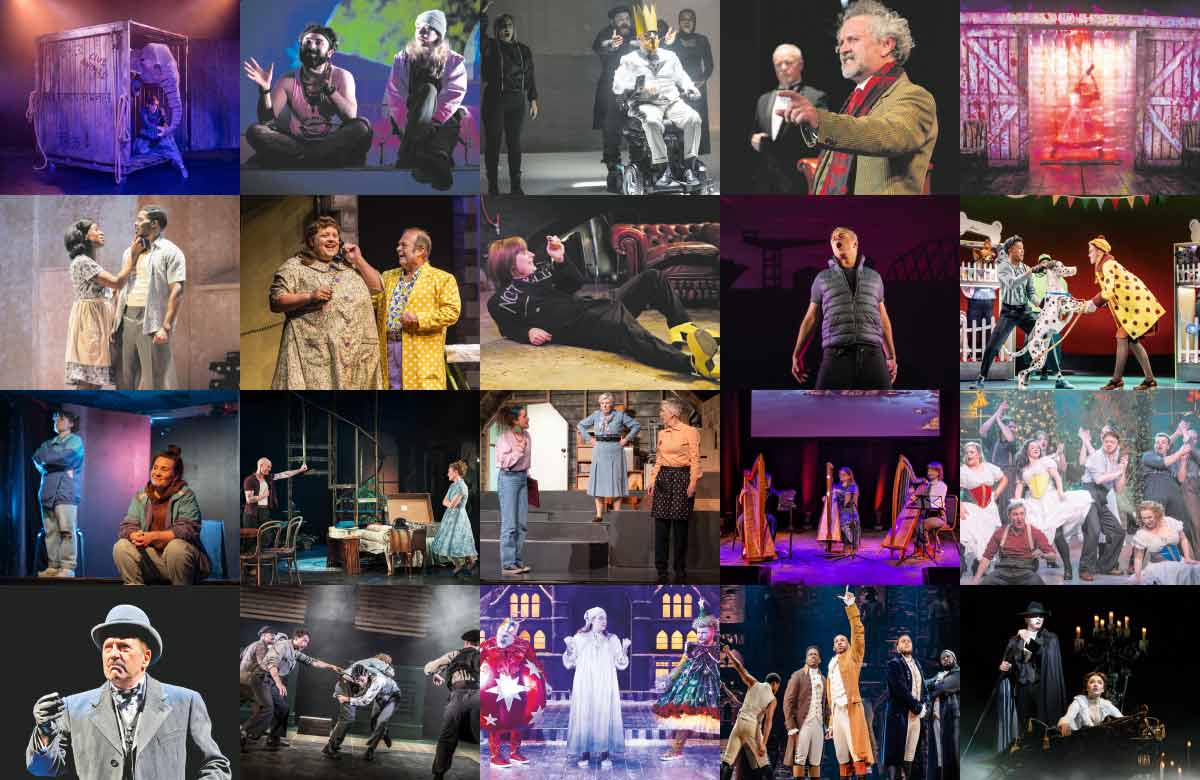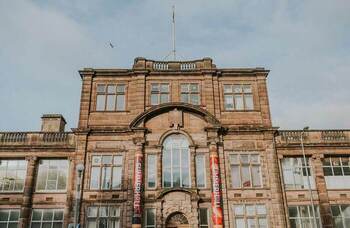Where can aspiring theatre technicians train around the UK?
Course leaders from technical theatre degrees based around the country talk to The Stage about the different paths available, the benefits of choosing to follow a career in the backstage realm and offer advice on what to expect from their courses
How do I become a stage manager? Or a sound engineer? Or a lighting technician? There is no right answer to any of these questions. Ask 10 different people working in backstage roles how they got there, and you will get 10 different answers.
Some backstage professionals start at 16 and learn on the job. Others do several years of training before entering the industry. Others transfer into technical roles later in life after starting their career in theatre doing something totally different.
Each route has its pros and cons. Start at 16 and you miss the student experience. Go to university and you will be loaded with student debt. Work elsewhere and you can gain an understanding of the entire industry.
Specialise and you could rise higher, faster.
That said, as backstage roles grow increasingly complex, requiring a deeper understanding of advanced technology, spending three years studying at degree-level is becoming more common. A quick search on UCAS throws up more than 200 such courses.
London has lots: at RADA, LAMDA, Central, Rose Bruford, Goldsmiths and elsewhere. Living in London is expensive, though, and not for everyone. Fortunately, there are many other options at universities, colleges and conservatoires across the country.
Here, tutors on undergraduate degrees in Cornwall, Liverpool, Glasgow, Manchester and Cardiff explain what to expect. Their words have been edited for length and clarity.
Daz James
BA Stage Management and Technical Theatre at the Royal Welsh College of Music and Drama
The degree offers immersive training in core technical skills, sound and lighting design, digital technology, construction and stage management. Tailored to individual interests and goals, it treats students as professionals.
No one has to commit to one pathway until they want to. If they wish, they can continue with a broad range of training.
Students gain experience on productions, working backstage in professional environments and collaborating with other disciplines across the college. We offer placements at places like BBC Studios, Shakespeare’s Globe and the National Theatre.
Many students find work before graduation and the course boasts a 100% employment rate. Graduates include Tim Routledge, who has lit everything from the London Olympics to Beyoncé tours; Ethan Ford, who designed videos for Ed Sheeran; and Tamsin Withers, a stage manager on Opening Night and Macbeth in London.
Our faculty comes from different backgrounds, covering all study areas.
We remain active in the industry, too, ensuring relevant teaching. Visiting professionals, such as Dom Bilkey, head of sound and video at the National Theatre, support our programme.
The college features various performance spaces and some of the best facilities and equipment in the country. The collaborative nature of the course allows students to work on many different productions with students training in other disciplines.
Cardiff is a vibrant city, just two hours away from London by train, so students can access London’s opportunities while living and studying in a fantastic, affordable city.
Continues...
Ros Maddison
BA Production Technology and Management at the Royal Conservatoire of Scotland
This course is Scotland’s only conservatoire-based technical theatre degree. We aim to produce versatile technicians, stage managers, lighting and sound designers.
It is a practical degree with a timetable allowing for learning and experimentation, alongside a production calendar reflecting industry practice.
Our curriculum revolves around collaboration and performance.
Students will work with other students on other courses on everything from opera and ballet to musical theatre and drama.
Students undertake placements with our partners – including the National Theatre of Scotland, Scottish Ballet, Scottish Opera, Citizens Theatre and Pitlochry Festival Theatre – and participate in a showcase to demonstrate their work and build connections.
Graduates have found positions at the National Theatre of Scotland, Royal Lyceum Theatre Edinburgh, Royal Opera House, Tron Theatre, Scottish Opera, Traverse Theatre and Royal Albert Hall, as well as work on shows like Hamilton and Les Misérables.
Our faculty has extensive experience in sound, lighting, stage management and stage technology, and students also regularly participate in workshops with visiting professionals.
We boast world-class facilities, including a fully equipped proscenium arch theatre and industry-standard lighting and sound equipment.
In 2008, we introduced training in stage automation with a state-of-the-art system.
Our dynamic community includes artists from over 60 countries, and we stage about 500 live events annually, making our campus one of Scotland’s busiest arts venues.
Peter Hooper
BA Technical Theatre Arts at Falmouth University
Students get a broad technical training, covering lighting, sound, rigging and stage management, with collaborations across a variety of other disciplines. We also look at industry themes, including emerging technologies, health and safety compliance and employability, and explore conceptual and operational elements of design.
There are placements as part of the curriculum, which students can take locally or further afield. We provide paid “micro-internship” opportunities in partnership with businesses and practitioners, too. Students also have the opportunity to work alongside technical staff in visiting professional productions.
Many gain valuable experience in paid crewing roles at our largest local theatre, the Hall For Cornwall in Truro. Graduates have gone on to work as lighting programmers at the Royal Opera House, stage managers with Wildworks Theatre and audio engineers at Glastonbury.
Graduates have gone on to work as lighting programmers at the Royal opera House
The course is taught by staff with an array of experience encompassing the West End, regional theatre, touring productions and the live music circuit. Directors and theatremakers specialising in theatre technologies also contribute to teaching, as do visiting practitioners. Students have access to performance studios, a recording studio, a technical resource store, lighting and audio equipment and a software suite.
Falmouth University specialises in creative subjects and new technology, and collaborative working is encouraged across all courses. We have two beautiful campuses by the sea in Cornwall, where students have space to think, train and create.
Continues...
Sheryl-Lynne Valensky
BA Theatre Production and Technology at Liverpool Institute of Performing Arts
In their first year, students explore various production areas, including lighting, sound, stage management, construction, scenic arts and prop making. This helps them choose their specialism for the second and third years. The course is highly practical, offering numerous public productions for students to discover their passions.
Students can select an industry placement tailored to their goals. Our staff are well-connected and bring in leading practitioners for workshops. Recently, these have included BAFTA-winning production designer Julio Himede and triple Oscar-winning costume designer Jenny Beavan.
Our staff have worked for touring companies, national and regional theatres, film and TV studios and more.
Many are active practitioners, staying updated with industry trends.
The Paul McCartney Auditorium is a 400-seat proscenium arch theatre with a full flying system and various configurations. The George Harrison Studio is a blank canvas for designers and technicians, equipped with industry-standard lighting and sound equipment. We also have prop-making rooms, a construction workshop, recording studios, a lighting studio and computer suites with industry-standard software.
LIPA is a creative arts school. There are always shows happening and the energy in the building often makes it feel like you are part of an immersive performance.
Liverpool is a great place to study.
It has a reputation as an international cultural hub.
Continues...
Luke Harrison and Timothy Skelly
BA Technical Theatre (Production and Design) at the University of Salford
We offer a course that develops students into multi-skilled technicians through a generalist approach to technical theatre. In the first year, students learn essential skills like lighting, sound, stage management and stage design. In the second and third years, they can specialise or work broadly across all areas, collaborating to make work.
We have strong connections to Aviva Studios, HOME, the Lowry, Contact Theatre and the Royal Exchange Theatre and we offer a work placement module that has previously provided opportunities on shows such as Back to the Future.
Students often secure jobs from these placements. We also offer an alternative study option in which students can examine a real-world organisation. We offer assessments that suit the professional world yet enable students with specific needs.
Our 350-seat New Adelphi Theatre regularly hosts external productions, and students form the technical wing of the university’s drama society, producing several shows annually. There are chances to study abroad, with recent projects in Toronto and Ohio.
Many graduates find relevant work after graduating. Recent highlights include Yi Wen Lim, who currently works for Lightroom, and Becky Haycock, who is working on Moulin Rouge. Some graduates work in education. Others go on to further study.
University isn’t all about study. It’s a great place to make lifelong friends and have fun. There is lots for students to do outside of academia. They can explore the nightlife of Manchester’s Northern Quarter, enjoy a cosy afternoon on campus or explore Manchester’s amazing shopping. Students at Salford will join on the largest student communities in Europe, with around 100,000 students across Greater Manchester.
OTHER OPTIONS
These courses are all three-year undergraduate degrees, with different entry requirements and applications processes. They are not the only options, though.
• Not all technical theatre study has to be at university: colleges and education institutions around the country offer different degree-level qualifications.
• Many institutions, including the RSC, the National Theatre, ATG Entertainment and the Mackintosh Foundation, offer technical training through apprenticeships.
• Many technical professionals get started by simply approaching their local theatre and asking to help out, even if only by making cups of tea to start with.
• The Association of British Theatre Technicians offers a wide range of practical courses year-round in Glasgow, Manchester, Warwick and London, as well as “in-venue” training courses. See its website for more details.
Opinion
Recommended for you
Advice
Recommended for you
Most Read
Across The Stage this weekYour subscription helps ensure our journalism can continue
Invest in The Stage today with a subscription starting at just £5.99

 The Stage
The Stage